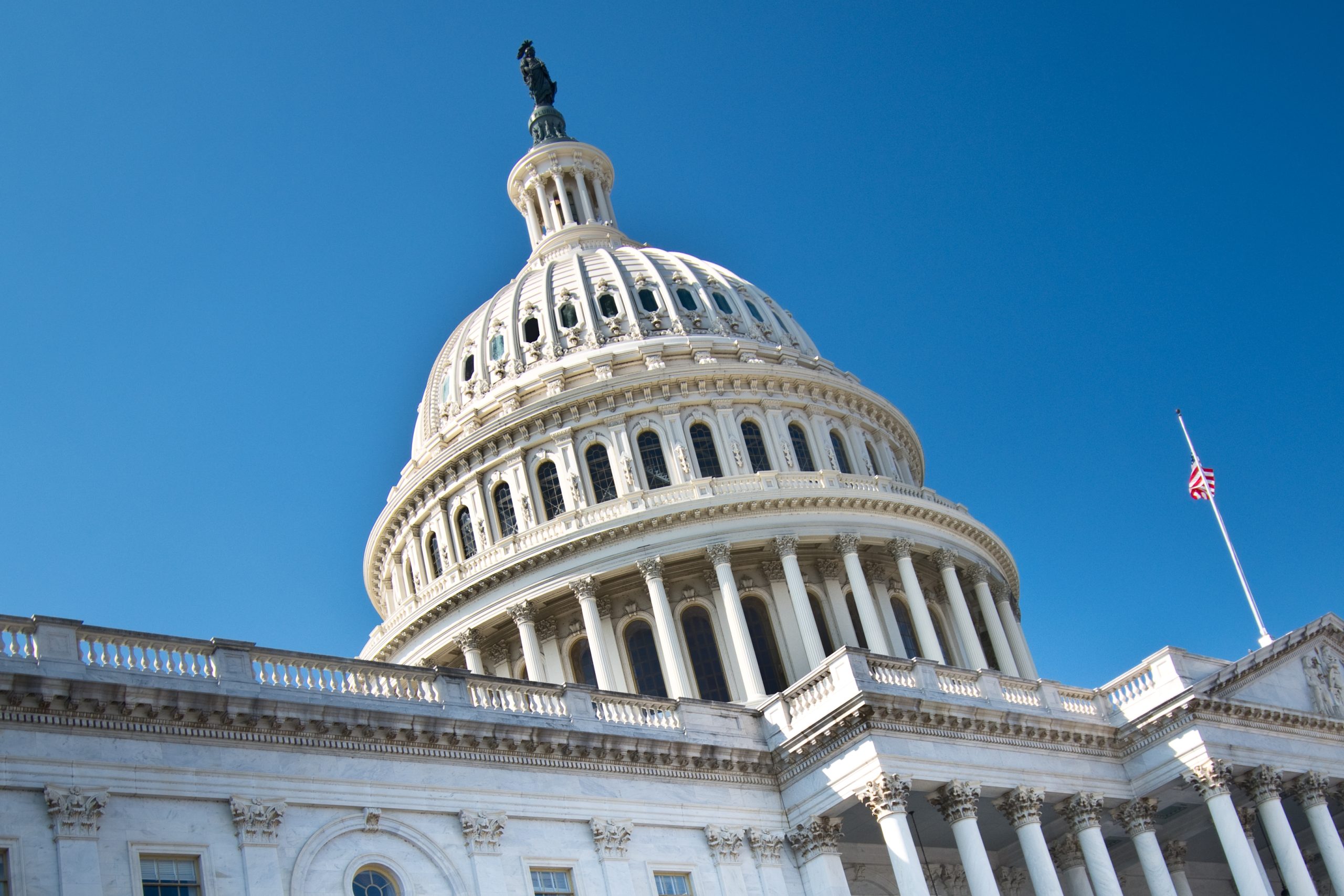Government Affairs and Advocacy
Jan. 27 Federal Update: Social Current Releases 2025-2027 Policy Agenda
Social Current has released its 2025-27 Federal Public Policy Agenda, outlining key priorities and a bold vision for the 119th Congress.
This agenda is the culmination of months of research and development, incorporating the priorities of the Social Current network that were gathered through focus groups, surveys, and one-on-one conversations.
Rooted in the belief that strengthening the social sector strengthens communities, the agenda focuses on critical areas vital to the sector’s ability to deliver essential services, including:
- Workforce Stability and Sustainability
- Financial Health and Sustainability
- Insurance Affordability and Accessibility
- Health and Well-Being
View and download the full agenda online to learn more.
Exploring Benefits and Concerns of Permanent Tax Cuts for Working Families
On Jan. 14, the U.S. House Committee on Ways and Means convened a hearing to discuss making the tax cuts enacted during President Donald Trump’s previous administration permanent. Several witnesses, including small business owners as well as a parent, spoke of the positive effects of the Tax Cuts and Jobs Act. They emphasized economic growth and investment, particularly in light of the doubled standard deduction and the expanded child tax credit.
Several representatives, however, raised concerns about the increasing national debt, noting that tax reductions disproportionately benefited corporations and wealthy business owners. Brendan Duke, senior director for economic policy at the Center for American Progress, echoed representatives’ concerns through his testimony. He cautioned that any current or future spending cuts intended to offset the cost of tax reductions could make food, health care, and housing increasingly unaffordable for lower- and middle-class Americans.
ACF Calls for Stronger Response to Missing Children in Foster Care
To help communities enhance their response to children missing from foster care, the Administration for Children and Families (ACF) hosted a series of listening sessions in 2024, bringing together service providers, child welfare professionals, and law enforcement agencies.
Feedback revealed inconsistencies in the definition of the word “missing” and confusion over reporting responsibilities, which often result in delays in responding during critical periods for a youth’s safety and wellbeing. Participants recommended a coordinated, interagency response, including improved communication, clearer reporting protocols, and stronger cross-sector collaboration, to lead timely and effective interventions.
Additional recommendations included expanding training and resources for child welfare professionals, law enforcement, and service providers. Participants also emphasized the need for a focus on human trafficking, culturally competent care, and addressing the unique needs of Native youth.
SAMHSA Releases Updated National Behavioral Health Crisis Care Guidance
The Substance Abuse and Mental Health Services Administration (SAMHSA) has released the National Behavioral Health Crisis Care Guidance, including three documents:
- 2025 National Guidelines for a Behavioral Health Coordinated System of Crisis Care
- Model Definitions for Behavioral Health Emergency, Crisis, and Crisis-Related Services
- A draft Mobile Crisis Team Services: An Implementation Toolkit
The updated national guidance was created to help state, territory, tribal, and local governments, along with key stakeholders, understand, implement, and sustain effective behavioral health crisis services. It is based on three foundational elements crucial to an integrated crisis care system, with the ultimate goal that everyone should have access to:
- Someone to Contact: Services like the 988 Lifeline and other behavioral health hotlines provide immediate, accessible support.
- Someone to Respond: Mobile crisis teams deliver rapid, on-site interventions to de-escalate crises and link individuals to the care they need.
- A Safe Place for Help: Stabilization services offer a safe environment where individuals can receive care, crisis resolution assistance, and connections to appropriate resources for ongoing support.
The guidance highlights the importance of follow-up services, care coordination, key service intersections, and the development of crisis systems, reflecting the evolving national crisis landscape following the transition to the 988 Lifeline.
New Report Highlights Progress and Challenges in Mental Health Parity and Addiction Equity
The U.S. Departments of Labor, Health and Human Services, and the Treasury released their 2024 report to congress on the enforcement and implementation of the Mental Health Parity and Addiction Equity Act (MHPAEA). The report details the progress made by group health plans and health insurance issuers in meeting compliance standards, while also identifying areas for improvement to ensure parity with medical and surgical benefits. It also outlines ongoing federal efforts to strengthen MHPAEA protections, reduce barriers for beneficiaries, and increase awareness of the Act’s protections.
Sector Updates from the Judiciary
Supreme Court to Review Student Loan Forgiveness for Fraudulent Practices by Schools
The U.S. Supreme Court will review the process for loan discharges in cases where students were misled or deceived by their schools. The regulations introduced by the Biden Administration aimed to simplify the loan discharge process for borrowers who could prove their school misled them, breached a contract, or engaged in aggressive recruitment tactics. The rules also expanded options for students to have their loans forgiven if their school closed.
The Supreme Court accepted the case after the U.S. Court of Appeals for the Fifth Circuit overturned the new procedures, ruling that the Department of Education lacked authority to directly forgive loans for students misled or defrauded. Instead, the court ruled that students must first default on their loans first and then raise fraud as a defense during debt-collection proceedings in court.
Federal Court Strikes Down Expansion of Title IX Rule
The U.S. District Court for the Eastern District of Kentucky struck down a federal rule implemented by the Biden Administration that aimed to ban discrimination based on sexual orientation and gender identity in federally funded schools. The rule sought to expand the protections under Title IX, but the court ruled Title IX’s prohibition of discrimination ‘on the basis of sex’ applies solely to an individual’s male or female sex.
Subscribe to the Policy and Advocacy Radar to receive our biweekly policy roundup, which includes commentary on issues in Social Current’s federal policy agenda, opportunities to take action, and curated news and opportunities.


